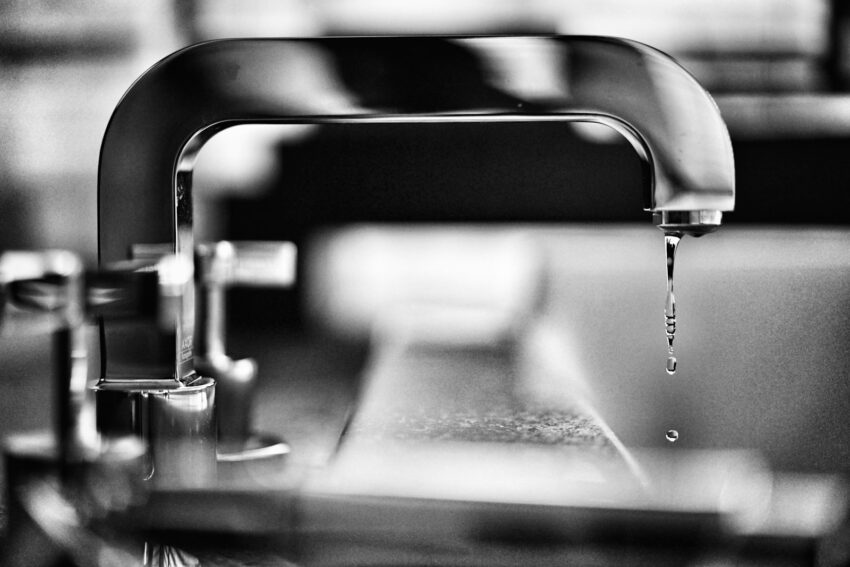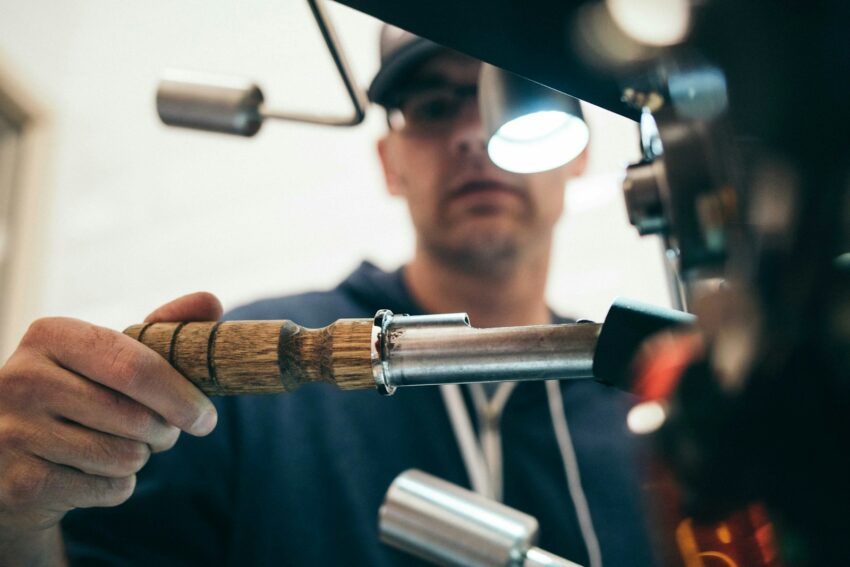People often overlook a home’s plumbing system until issues start to appear. Whether you own an older property or recently moved into a fixer-upper, your pipes, fixtures, and drainage system may require attention. Failing to address warning signs can result in expensive repairs, water damage, and reduced water efficiency in your home.
To help you identify when it’s time for an upgrade, a plumbing expert shares key indicators that your home needs a plumbing overhaul.

1. Persistent Low Water Pressure
One of the first signs of an aging or failing plumbing system is low water pressure. While occasional fluctuations may be caused by municipal supply issues, consistently weak water pressure often signals underlying problems within your home’s pipes.
Common Causes:
- Pipe Corrosion: Older homes often have galvanized steel pipes, which corrode over time, restricting water flow.
- Leaks: Even minor leaks in hidden pipes can reduce pressure.
- Sediment Buildup: Minerals from hard water can accumulate in pipes, narrowing passageways and limiting flow.
- Faulty Pressure Regulator: If other homes in your neighbourhood have strong pressure, but yours doesn’t, the regulator may be failing.
Ignoring low water pressure can lead to major plumbing failures. A plumbing expert can inspect your system and recommend appropriate fixes, whether it’s a pipe replacement, thorough cleaning, or pressure regulator adjustment.
2. Discolored or Rusty Water
If your tap water looks brown or yellow or has a metallic taste, it could indicate deteriorating pipes. This is particularly common in older homes with galvanized pipes, which are prone to rusting from the inside.
What This Means:
- Corroded Pipes: Rust buildup inside your plumbing can break loose and mix with your water.
- Water Heater Issues: If discoloration only occurs with hot water, the heater’s anode rod may be corroding.
- Municipal Water Supply Problems: Occasionally, city maintenance can stir up sediment in water mains, temporarily affecting watercolour.
If the issue persists, a plumbing expert can determine whether your pipes need replacing or if your water heater requires maintenance.

3. Frequent Drain Clogs and Slow Drainage
Every household experiences occasional clogs, but frequent blockages could indicate more significant issues within your plumbing system.
Possible Reasons:
- Deteriorating Sewer Lines: In older homes, sewer pipes made of clay or cast iron can break down over time.
- Tree Root Intrusion: Tree roots searching for water may penetrate underground pipes, causing significant blockages.
- Grease and Debris Buildup: Years of accumulated grease, soap scum, and hair can restrict drainage.
A plumbing professional can perform a camera inspection to identify the root cause and suggest solutions such as hydro-jetting, pipe relining, or complete pipe replacement.
4. Strange Noises in Your Pipes
If you hear banging, rattling, or gurgling sounds coming from your pipes, it’s more than just a nuisance—it could be a warning sign of significant plumbing issues.
Noises to Pay Attention To:
- Banging or Hammering: Referred to as water hammer, this happens when water flow is abruptly halted or redirected, causing sudden pressure surges in the pipes.
- Gurgling: This suggests improper venting or a clog forming in the drain system.
- Hissing or Whistling: A whistling noise could be due to high water pressure or a failing pressure regulator.
Addressing these noises early with the help of a plumbing expert can prevent further damage and expensive repairs.
5. Increasing Water Bills Without Increased Usage
If your water bill is rising, but your consumption remains the same, you might have a hidden leak. Even minor leaks can lead to the loss of thousands of litres of water each year, driving up your expenses and causing unnecessary water wastage.
Frequent Causes:
- Toilet Leaks: A toilet that runs constantly can waste as much as 200 gallons of water daily.
- Underground Pipe Leaks: They are hard to detect, but they can cause soggy patches in your yard.
- Leaky Faucets: Although they may appear insignificant, just one dripping faucet can waste more than 3,000 gallons of water annually.
Hiring a professional to conduct a leak detection test can help pinpoint and fix these issues before they cause significant damage.
6. Outdated Plumbing Materials
If your home was built before the 1990s, it may have pipes made of materials that are now considered problematic. Older plumbing materials can lead to leaks, water contamination, and reduced efficiency.
Materials to Look Out For:
- Polybutylene Pipes: Prone to breaking under pressure and chemical reactions with municipal water.
- Galvanized Steel Pipes: Highly susceptible to rust and corrosion, leading to water discoloration and reduced flow.
- Lead Pipes: Present in some older homes, these pipes can taint drinking water, presenting potential health hazards.
If your home has any of these materials, plumbing professionals strongly recommend replacing them with modern alternatives like PEX or copper piping.
7. Poor Water Quality or Foul Smells
Water should be clear, odor-free, and taste clean. If you notice unusual smells, it may be due to plumbing issues that need immediate attention.
Potential Causes:
- Rotten Egg Smell: This indicates sulphur bacteria, often found in old water heaters or pipes.
- Musty or Moldy Odor: This could be caused by hidden leaks leading to mould growth.
- Chemical Taste: This might be due to pipe corrosion or municipal water treatments.
Testing your water quality and consulting with a plumbing expert can help identify the root cause and recommend effective solutions.
Final Thoughts
Your home’s plumbing system is essential for your daily comfort and convenience. Identifying the signs of plumbing issues early can help you avoid expensive repairs and potential water damage. Whether it’s low water pressure, rusty pipes, or unusual noises, seeking professional guidance ensures your home’s plumbing remains safe and efficient.
If you suspect your home needs a plumbing upgrade, consulting a plumbing expert is the best way to ensure a proper assessment and tailored solutions for your property’s needs. Addressing these issues now can save you from expensive emergency repairs down the road and improve your home’s water efficiency for years to come.
